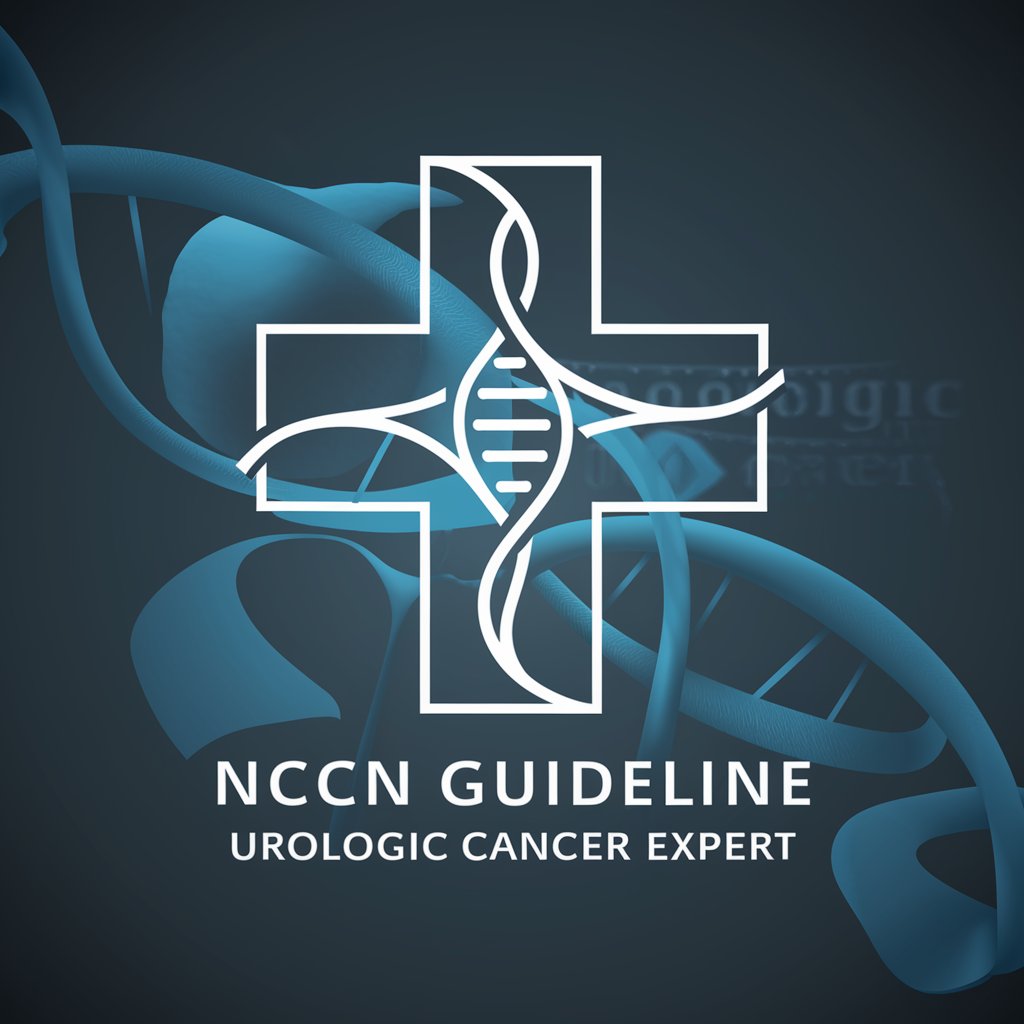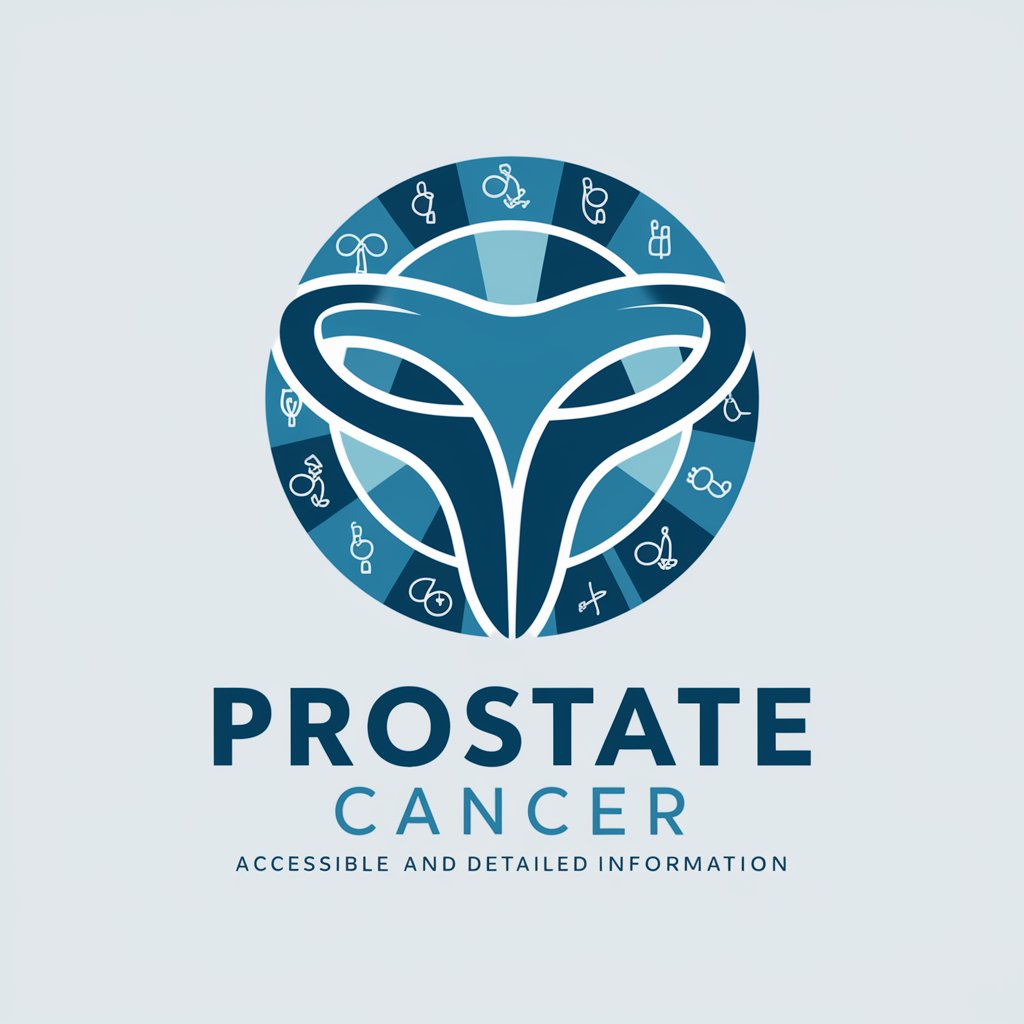
Bladder Cancer - Bladder Cancer Information Source
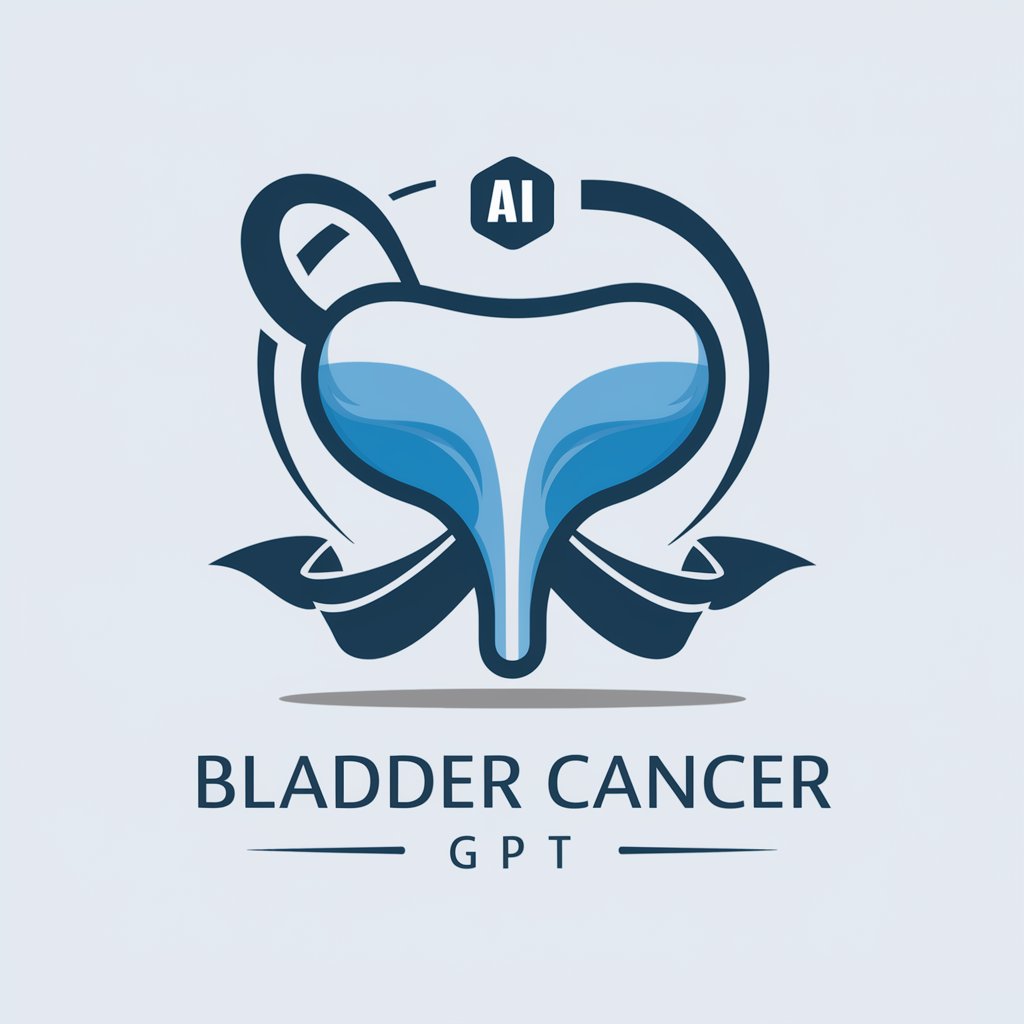
Hello! How can I assist you with information about bladder cancer today?
Empowering knowledge on bladder cancer with AI
What are the most common symptoms of bladder cancer?
Can you explain the different types of bladder cancer?
What are the latest treatment options for bladder cancer?
How can one reduce the risk of developing bladder cancer?
Get Embed Code
Introduction to Bladder Cancer GPT
Bladder Cancer GPT is designed to provide detailed, medically accurate information about all aspects of bladder cancer. This includes information on types of bladder cancer, symptoms, diagnosis, treatment options, recent research, and prevention strategies. The purpose of this GPT is to offer comprehensive knowledge in a clear and informative tone, aiding individuals seeking to understand bladder cancer better. For instance, this GPT can elaborate on the differences between non-muscle-invasive and muscle-invasive bladder cancer, including their implications for treatment and prognosis. By utilizing up-to-date medical guidelines and research, it ensures the information provided is current and relevant. Powered by ChatGPT-4o。

Main Functions of Bladder Cancer GPT
Educational Information
Example
Explaining the pathophysiology of bladder cancer, including how cancerous cells develop in the bladder lining and the potential genetic and environmental risk factors.
Scenario
A user with no medical background seeking to understand bladder cancer for a newly diagnosed family member.
Treatment Options Overview
Example
Detailing various treatment strategies such as surgery (e.g., transurethral resection, cystectomy), intravesical therapy, chemotherapy, radiation therapy, and immunotherapy, including the benefits and side effects of each.
Scenario
A bladder cancer patient looking for detailed information on their treatment options and what to expect from each.
Prevention and Risk Reduction Strategies
Example
Providing evidence-based advice on lifestyle changes and screenings that may reduce the risk of developing bladder cancer, such as smoking cessation, dietary adjustments, and occupational safety measures.
Scenario
Individuals at higher risk of bladder cancer seeking actionable advice on how to lower their risk.
Recent Research and Developments
Example
Summarizing recent studies on bladder cancer, including new treatment modalities, genetic markers for early detection, and vaccine research.
Scenario
Researchers or medical professionals interested in the latest advancements in bladder cancer treatment and diagnosis.
Ideal Users of Bladder Cancer GPT Services
Patients and Their Families
Individuals diagnosed with bladder cancer and their loved ones can benefit from detailed explanations of the disease, understanding treatment options, and learning about the recovery process.
Healthcare Professionals
Doctors, nurses, and other medical staff can use this GPT as a quick reference for treatment guidelines, recent research, and to aid in patient education.
Medical Researchers
Researchers focusing on urology or oncology might utilize this GPT for summaries of recent scientific literature and potential areas for further study.
General Public Interested in Prevention
Individuals seeking to learn about bladder cancer risk factors and prevention methods to make informed lifestyle choices and understand screening options.

How to Use the Bladder Cancer GPT
1
Begin by accessing a free trial at yeschat.ai, which requires no login or subscription to ChatGPT Plus.
2
Identify the specific information or question you have about bladder cancer to focus your query.
3
Utilize the chat interface to submit your query. Be as specific as possible to receive the most accurate and detailed information.
4
Review the provided information and follow any recommended steps or advice for further action.
5
For complex inquiries or follow-up questions, don't hesitate to submit additional queries to deepen your understanding.
Try other advanced and practical GPTs
Hardwood
Empowering Wood Projects with AI

Eternity
Empowering creativity and efficiency with AI.

Semi-Trucks
Empowering freight with AI-driven insights

Brand Directory
Unlocking Brand Insights with AI

Arno's Themenbasierter Newsletter Assistent
Empower Your Voice with AI-Powered Newsletters

DUSTY
Empowering Content Creation with AI
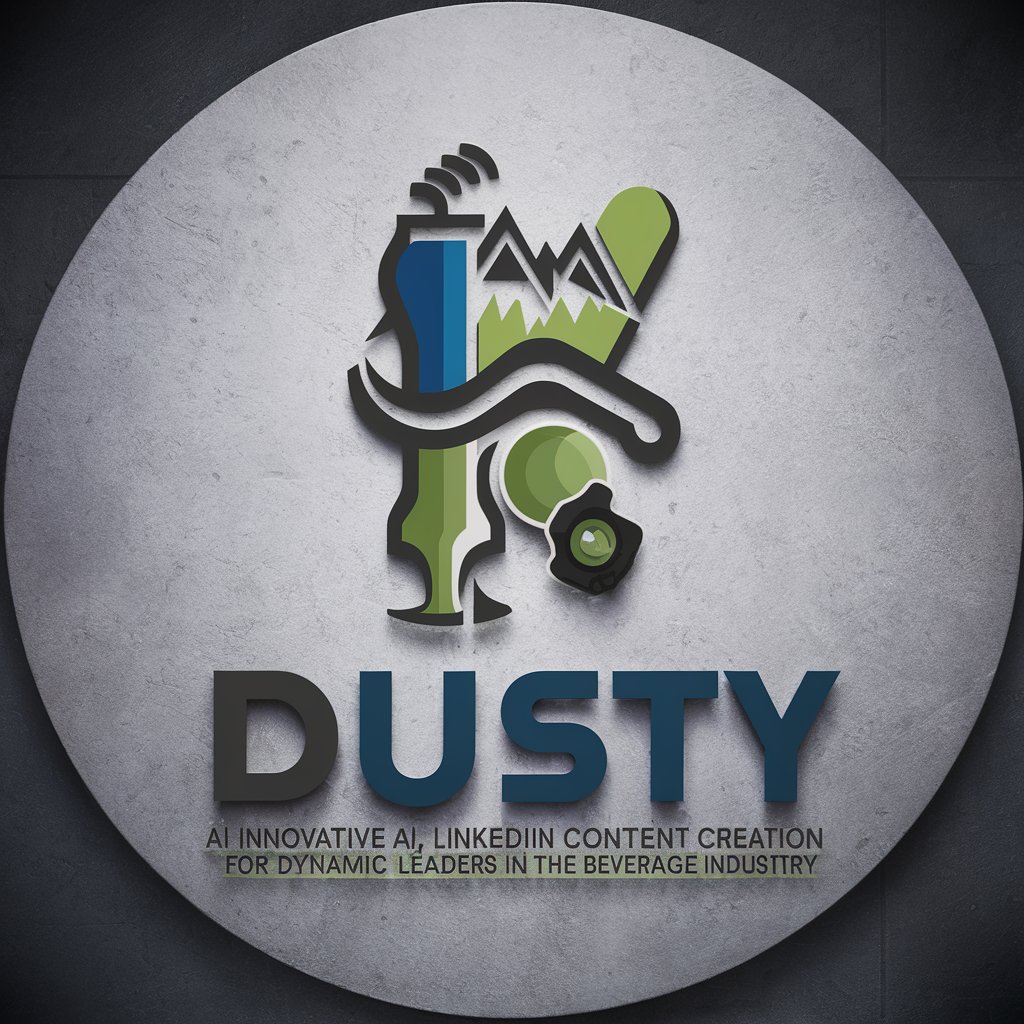
Towing
AI-powered Towing Guidance at Your Fingertips

Engaging Script Creator - CDC Gaming Show
Craft Engaging Gaming Scripts with AI

Conservative
Unveiling Conservative Principles through AI

Your ML Mentor
Empowering your ML journey with AI guidance.
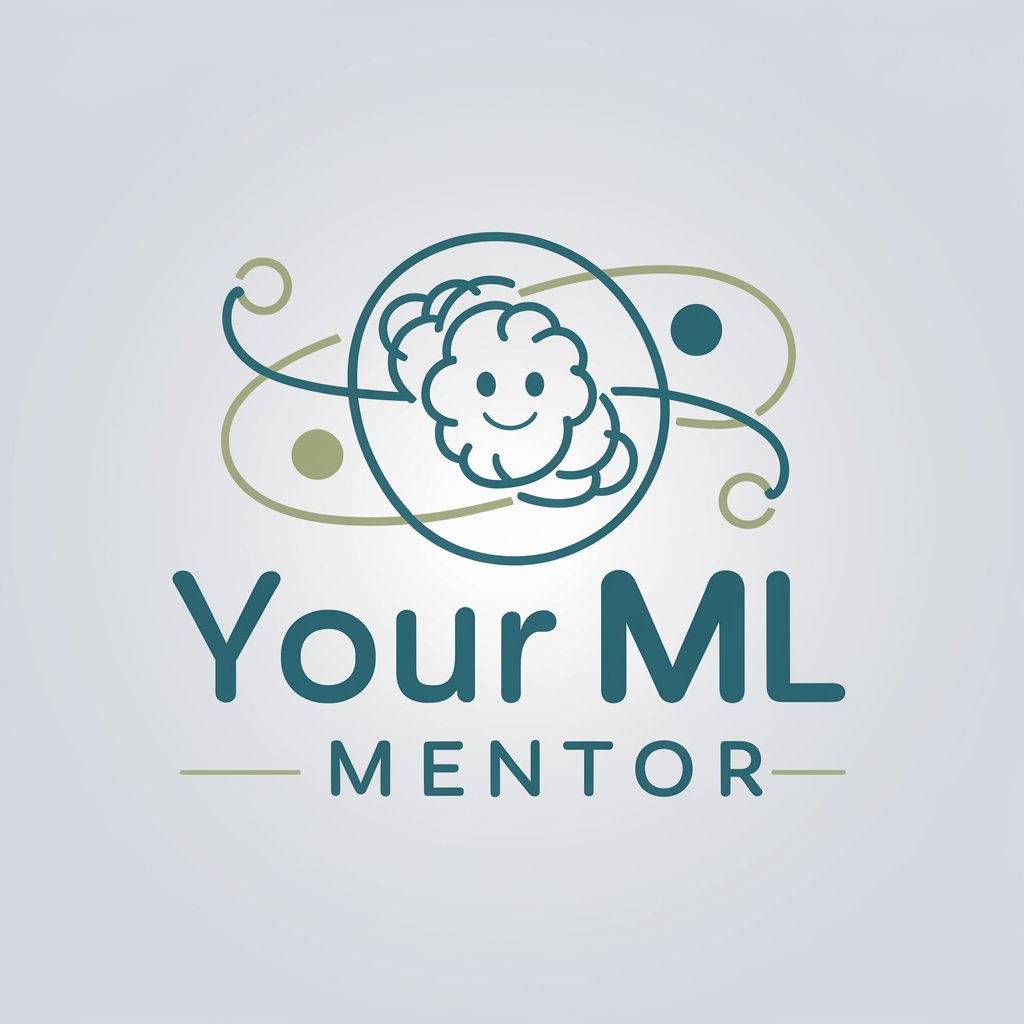
Gold Bars
Empowering Gold Investment Strategies

Trendy Scriptwriter
Crafting Trendy Scripts with AI Precision

Frequently Asked Questions about Bladder Cancer GPT
What types of bladder cancer can this tool provide information on?
This tool offers detailed information on various types of bladder cancer, including urothelial carcinoma, squamous cell carcinoma, and adenocarcinoma, covering symptoms, treatment options, and prognosis.
How current is the medical information provided by this GPT?
The information provided is based on the latest medical research and guidelines available up to my last training cut-off in April 2023. For the most current information, consulting recent medical literature or a healthcare professional is recommended.
Can this tool help me understand the potential side effects of bladder cancer treatments?
Yes, it can provide comprehensive information on the potential side effects associated with various bladder cancer treatments, including surgery, chemotherapy, radiation therapy, and immunotherapy, helping patients make informed decisions.
Is it possible to get personalized medical advice for bladder cancer from this GPT?
While this tool can provide detailed information on bladder cancer, it cannot offer personalized medical advice. It's important to consult a healthcare professional for advice tailored to your individual health condition and needs.
Can this GPT provide the latest research findings on bladder cancer?
It can offer insights into recent research findings on bladder cancer up to the last update in April 2023, including new treatments, diagnostic methods, and prevention strategies. For the latest research, professional medical journals and publications should be consulted.

